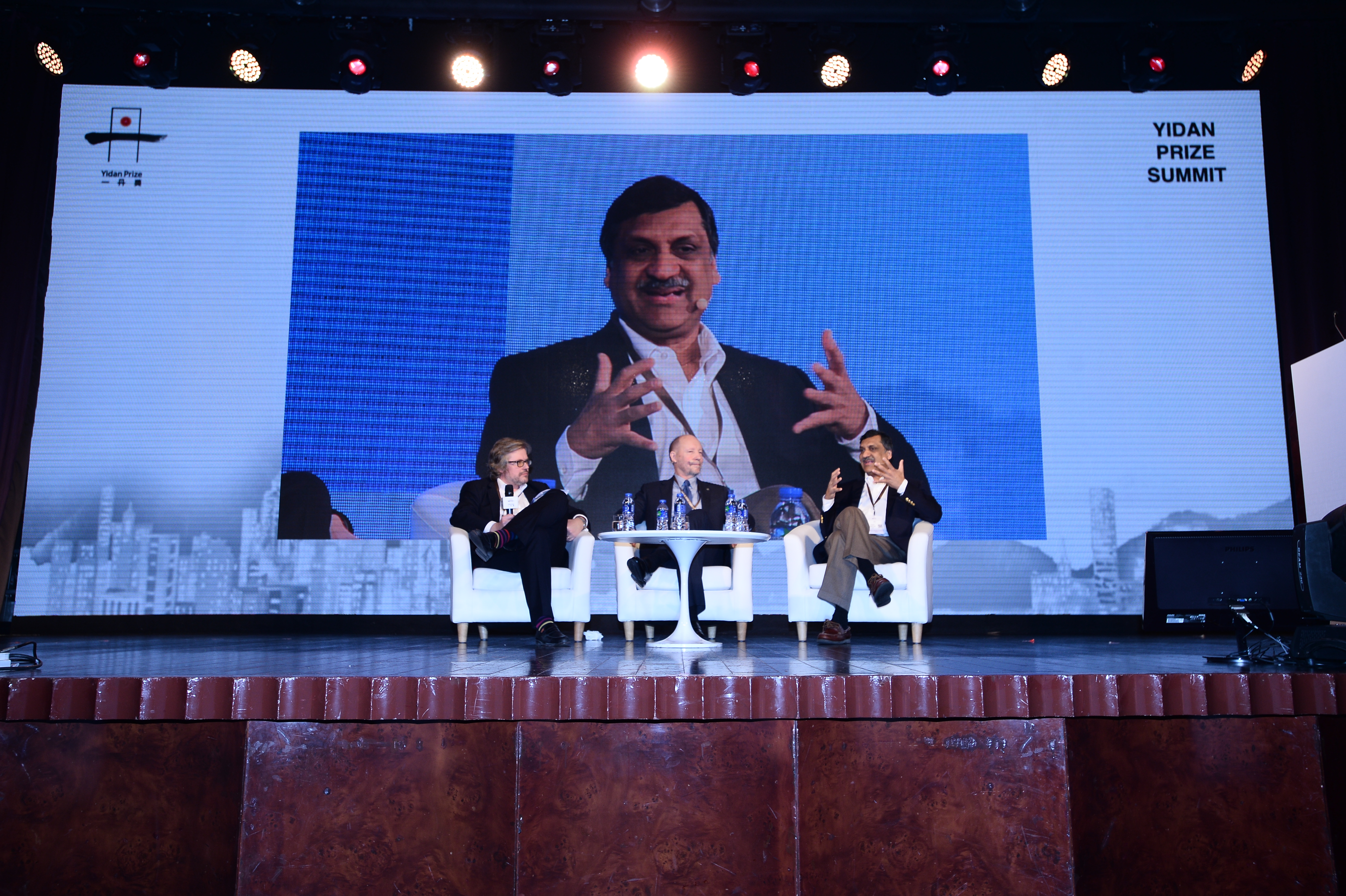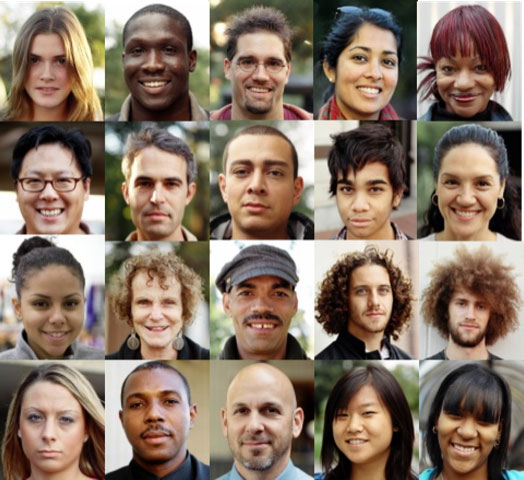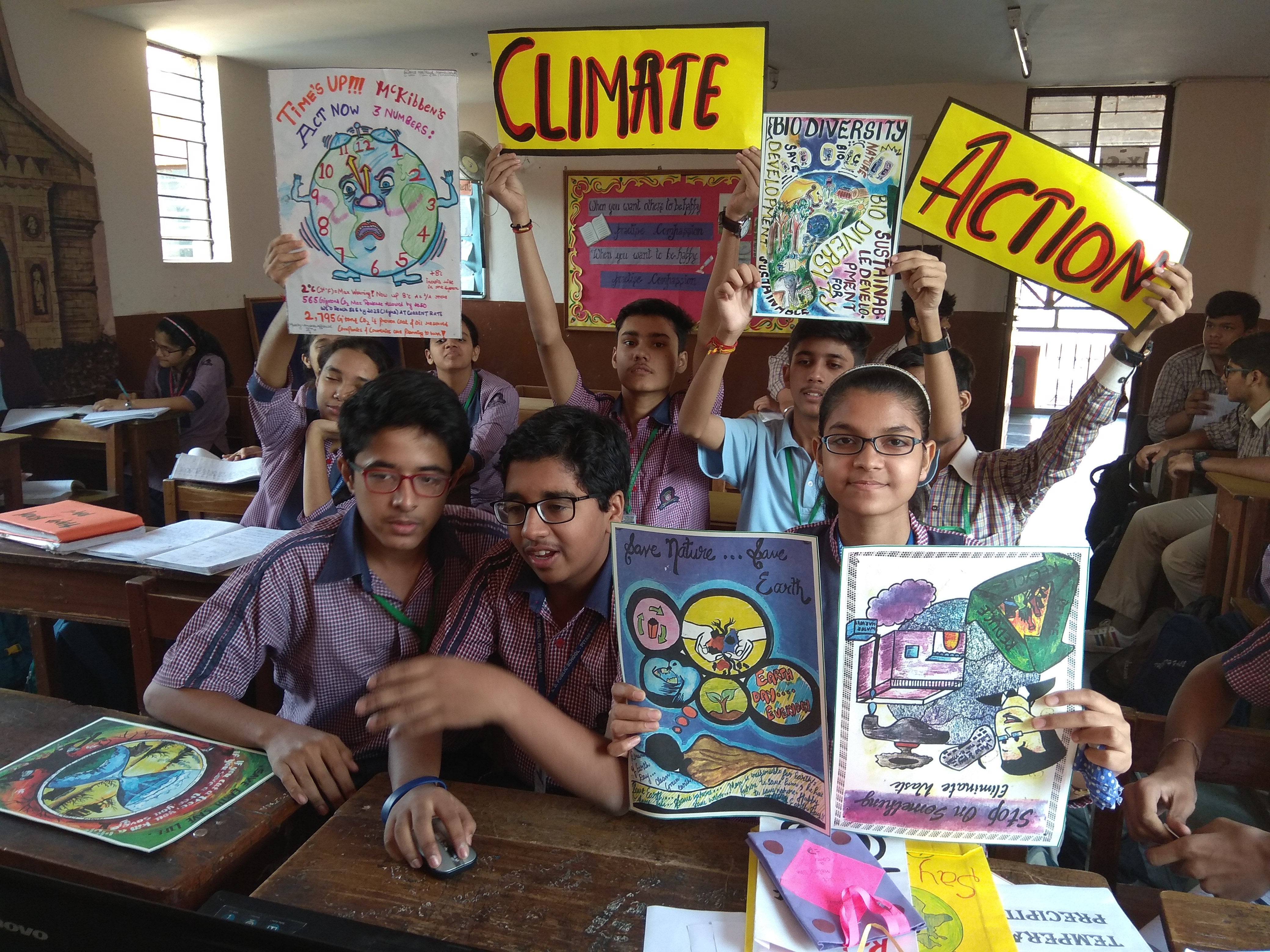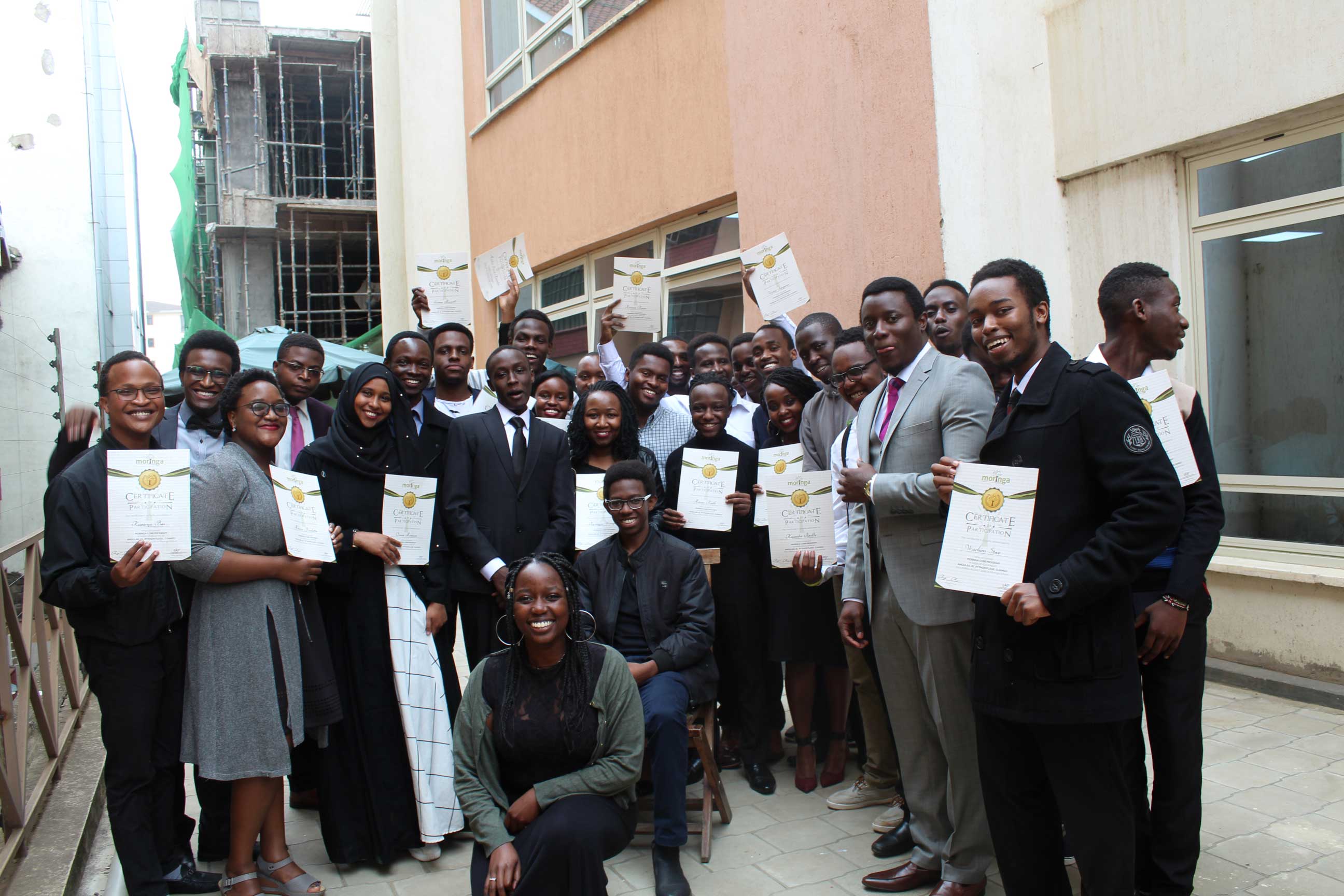C.M. Rubin’s Global Education Report
Professor Anant Agarwal, Founder and CEO of edX, won the Yidan prize for Education Development. Agarwal leads edX, an online learning destination created by Harvard and MIT scientists with the goal of providing high quality education at scale. The first edX course attracted 155,000 students from 162 countries. Today, the platform offers over 2000 online courses from more than 150 education institutions to over 17.6 million people. The Global Search for Educationwelcomed Yidan Prize Development 2018 Laureate Anant Agarwal to talk about the future of online learning.
What if you could go to a school where your education was centered around travel, cultural immersion, empathy and developing the skills to make a positive change in the world? The first graduating class of THINK Global School has just completed their post-secondary studies, and while it’s a little too soon to predict what their graduates will achieve, Head of School Jamie Steckart believes that a curriculum rooted in project based learning has prepared them for the real world. The Global Search for Education welcomed Steckart to talk about his predictions for learning today and in the future.
A rapidly changing world has lots of big problems to solve. Kids love coming up with their own ideas for big problems. How can that creativity and passion be channeled into both relevant learning and improving the planet they will inherit? Enter Emer Beamer. The impetus for her start-up, Designathon Works, was the design “work” she was doing with disadvantaged young people across sub-Saharan Africa and in a number of Asian countries. Time and time again, she noticed that young people wanted to be change agents for their world. The Designathon method combines aspects of Design Thinking and Maker Education. This month, The Global Search for Education welcomed Beamer to talk about how her model is innovating the future of learning.
Deepening divides fragment our societies and our economies. How can modern technologies help us to find the common ground and bring us closer together?
In an increasingly interconnected world, race, identity and sexuality are often left undiscussed because for many, these are challenging topics and it’s difficult to find the right “space” to do it in an effective way. Yet it is a critical challenge for which all the world seeks solutions. Interactive Diversity Solutions (IDS) has created a web based program called “Don’t Guess My Race” to support teaching diversity issues. The CEO of IDS, Michael Baran, says the inspiration for the program came from research studies with children in Brazil. In Michael’s studies, he asked children to describe pictures he had taken of people’s faces. What he discovered was that this exercise sparked “extremely rich conversations about sensitive topics.” What if photographs could be used to create an interactive race awareness? This month, The Global Search for Education welcomed Michael Baran to talk further about Don’t Guess My Race.
Thank you to our 800 plus global contributors, teachers, entrepreneurs, researchers, business leaders, students and thought leaders from every domain for sharing your perspectives on the future of learning with The Global Search for Education each month.
C. M. Rubin (Cathy) is the Founder of CMRubinWorld, an online publishing company focused on the future of global learning and the co-founder of Planet Classroom. She is the author of three best-selling books and two widely read online series. Rubin received 3 Upton Sinclair Awards for “The Global Search for Education”. The series which advocates for all learners was launched in 2010 and brings together distinguished thought leaders from around the world to explore the key education issues faced by nations.
Follow C. M. Rubin on Twitter: www.twitter.com/@cmrubinworld






Recent Comments